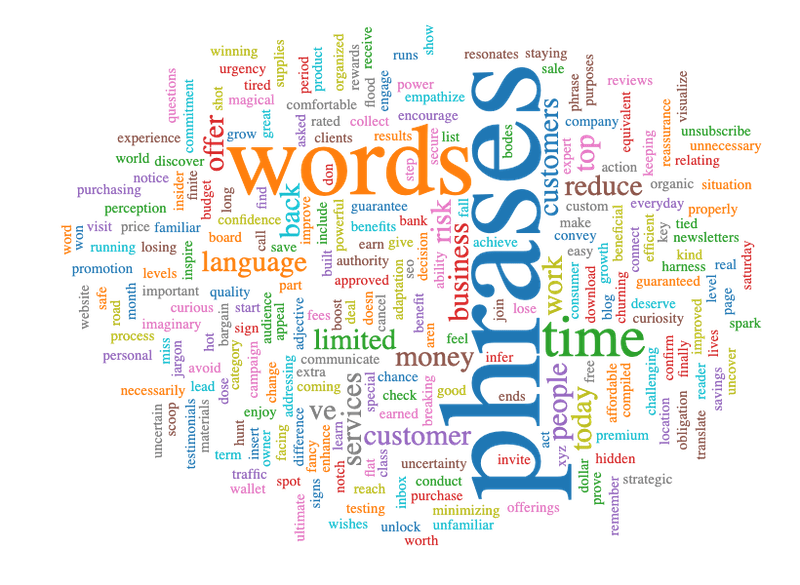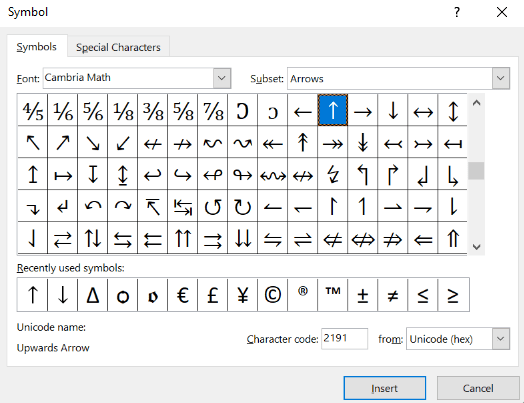

Although a Durable Power of Attorney is still valid if and when a person becomes incapacitated, the Principal must understand what he or she is signing at the moment of execution. At the time the Durable Power of Attorney is signed, the Principal must have mental capacity. Must a person be competent to sign a Power of Attorney? On this webpage, when we refer to a "Power of Attorney," we mean that the power is "durable." Most Powers of Attorney done today are durable. Even a Durable Power of Attorney, however, may be terminated under certain circumstances if court proceedings are filed. The only thing that distinguishes a Durable Power of Attorney from a regular Power of Attorney is special wording that states that the power survives the Principal's incapacity. To remedy this inconsistency, the law created a "Durable Power of Attorney" that remains effective ("durable") even if a person becomes incapacitated. It is precisely when persons can no longer do for themselves that a power of attorney is most valuable. If a power of attorney terminates in such circumstances, powers of attorney would not be very useful to help people plan to have someone act for them if they are unable to act for themselves. Normal Powers of Attorney terminate if and when the Principal becomes unable to act - due, for example, to Alzheimer's disease.

By doing the General Power of Attorney, they designate someone who can do these things for them. People often do General Powers of Attorney to plan ahead for the day when they may not be able to take care of things themselves. When an Elder Law Attorney drafts a General Power of Attorney, the document still lists the types of things the Attorney-in-Fact can do, but these powers are very broad, as opposed to being a "Limited" Power of Attorney. With few exceptions, a Power of Attorney can give others the right to do any legal acts that the Principal could do himself or herself.Ī "General" Power of Attorney gives the Attorney-in-Fact very broad powers to do almost every legal act that the Principal can do. It can be used to give another person the authority to make health care decisions, do financial transactions, or sign legal documents that the Principal cannot do for one reason or another. A Power of Attorney might be used to allow another person to sign a contract for the Principal. What can a Power of Attorney be used for?Ī Power of Attorney can be used to give another person the right to sell a car, home, or other property in the place of the Principal. A person giving a Durable Power of Attorney can make it very broad or can limit the Durable Power of Attorney to certain acts.įrom this point forward, we're going to refer to the maker of the Durable Power of Attorney as the "Principal." And we're going to refer to the person who has been given the power of attorney as the "AIF" or "Attorney-in-Fact."

What those things are depends upon what the Durable Power of Attorney says. This legal document gives another person the right to do certain things for the maker of the Durable Power of Attorney. About the Power of AttorneyĪ Durable Power of Attorney may be the most important of all legal documents.

Please ask your own attorney for advice on your own situation.) 1. (NOTE: Not all of this information may apply to you personally. Relationship of the Power of Attorney to other Legal Devices.Financial Management and Liability of an Attorney-in-Fact.Powers and Duties of an Attorney-in-Fact.To help you understand this important legal document, this webpage is organized in seven parts: Have you just signed a Durable Power of Attorney? Maybe you've had one for awhile, or maybe someone (the "Principal" in legalese) has named you his or her "Attorney-in-Fact." If you have, we have written the information on this webpage for you.


 0 kommentar(er)
0 kommentar(er)
